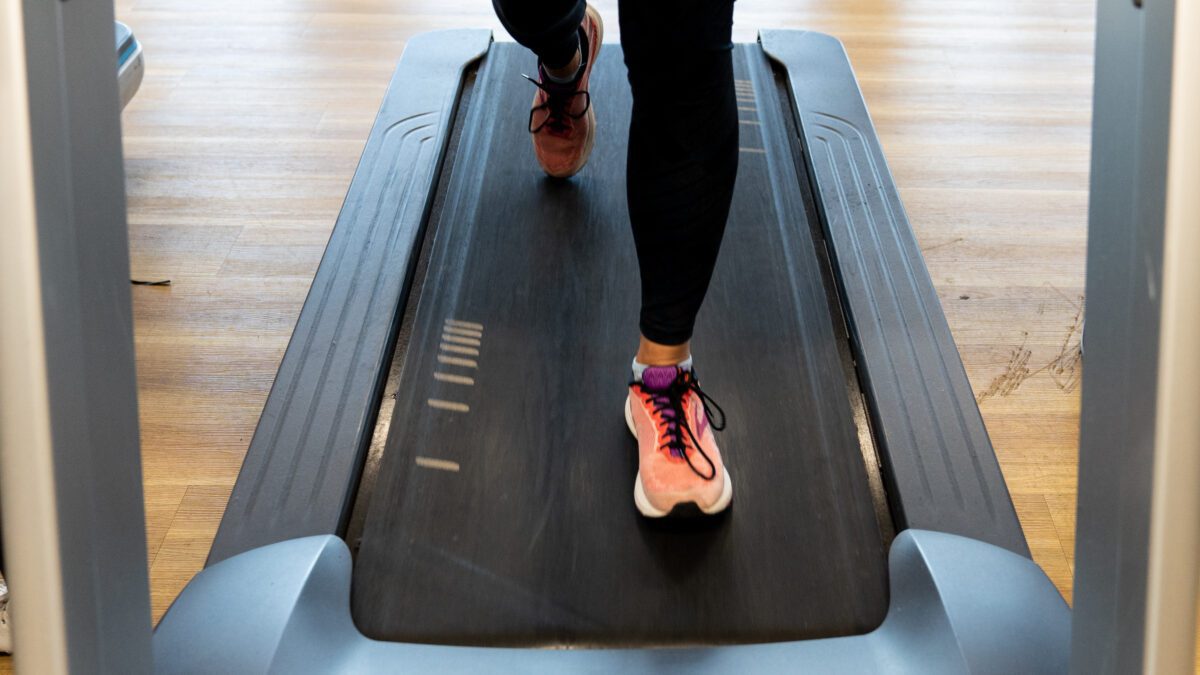

Obesity is a life-threatening disease.
In 2019/20, there were 1,022,000 hospital admissions where obesity was a primary or secondary diagnosis. Additionally, there was a 4% increase in the number of admissions where obesity was the sole diagnosis.
Ultimately, the problem isn’t going away. It is, in fact, getting worse. In fact, in 2022, 29% of men and 27% of women are obese in the UK.
Read our guide to understand why being a personal trainer is one of the most crucial careers to help people in getting fit.
This post will cover:

The situation gets even more serious when considering that the problem doesn’t just lie in adults. According to the child measurement programme, in 2018/19, 1 in 10 children aged 4-5 and 2 in 10 children aged 10-11 in England were obese! This is shocking, as it suggests the journey to obesity begins very early in some children’s lives.
Research has shown that 58% of children with obese mothers and 61% of children with obese fathers were also obese themselves. Whereas, only 17%-19% of children with neither overweight nor obese parents were obese, suggesting healthy parents have an increased chance of having healthy children.
Therefore, information regarding healthy living needs to be available for all ages, including children at school and parents.

This is where becoming a personal trainer will mean you can help change the lives of thousands of people by guiding them to a happier, healthier lifestyle.
For many individuals, the prospect of exercising and embarking on a fitness journey can be incredibly overwhelming. It is difficult to know where to start or what to do to get an effective, yet enjoyable, workout. For someone who has previously been mostly inactive, the fitness world is a huge unknown and it can be a challenge to get into the habit of exercising regularly without someone to help guide you.
That is why becoming a personal trainer is an extremely rewarding job; you get to help people overcome their personal challenges, and step towards becoming the best versions of themselves they can be! Therefore, becoming a personal trainer is a great way to start tackling the obesity crisis.
Personal training offers a tailor-made form of exercise, perfect for individual’s embarking on a journey to fitness for the first time. It also helps those who are unsure of where to go and may benefit from someone being there to motivate them.
As a personal trainer, you can provide training that is individualised to each client. Therefore, you can develop a personalised training programme for clients, even if they:
You will be able to bring excitement to exercise, making the journey to fitness a positive one for your clients. This enjoyment stems from being able to capitalise on what activities individuals enjoy, ensuring they see exercise as something to welcome into their lives rather than dread.

Personal training can be an incredibly powerful and influential profession. Not only are you there to improve the fitness and obesity statistics of the population (as shown earlier), but you are also there to use your enthusiasm to boost motivation.
Knowing what exercises to get people to do is just the start; being able to give someone else that determination and drive to want to succeed in their fitness journey is the more complex aspect of weight loss. Anyone can engage in exercise now and then, but it takes a lot of encouragement to make it a habitual part of someone’s daily routine, and it is this which leads to sustainable, long-term good health.
If you are enthusiastic about improving the health of the nation, personal training is a great pathway for you. Your passion and energy will have more of an effect on those you engage with than you realise. The drive to get fit doesn’t come from nowhere. Usually, it is the people you interact with in relation to exercise that motivate others to do the same.
If people see the positive influence exercise has on your life, they too may feel inspired to kickstart their journey.
Exercise is just one aspect of directing our nation towards being a healthier, more positive place. Another major part of living a healthy lifestyle is the food you put into your body.
The food you eat can significantly impact how energised and determined you feel. For example:
If you fuel your body with high-sugar, fast foods, you will probably feel lethargic and energy-dead as these provide a short-lived energy fix.
Whereas, if you have a diet filled with lots of nutrients and fruit and vegetables, you are likely to feel considerably more energised, positive, and fuller for longer periods of time. This is ultimately because ‘the best way to eat to keep up your energy levels is to follow a healthy, balanced diet.’
By undergoing a nutrition course, such as a diploma in Weight Loss Management, you can not only improve your client’s fitness but also their physical and mental health. This will allow you to guide them through all aspects of their journey, ensuring they are healthy on the inside as well as the outside.
Possessing the knowledge of what constitutes a healthy, balanced diet, allows you to inform others on how to eat well, so they can make educated food choices.

Author Bio: Matthew Sills is the Founder and Head Coach of Trojan Fitness having been a personal trainer since 2013. Matthew holds a BSc in Sport and Exercise Science from the University of Surrey, and guides his personal training based on the latest scientific research and literature.
Opinions expressed in this article are those of the guest author and not necessarily Future Fit Training.